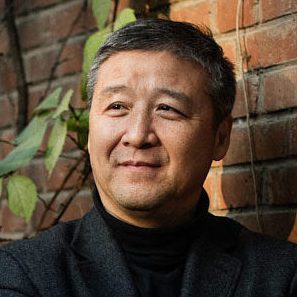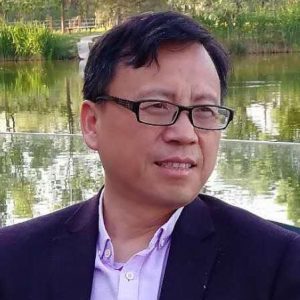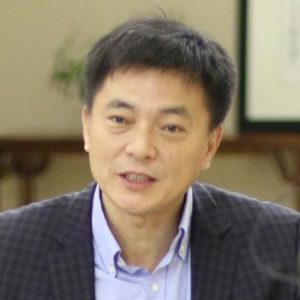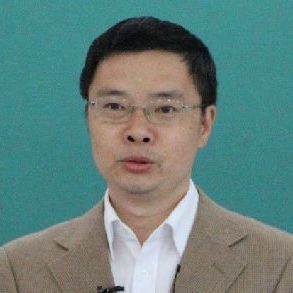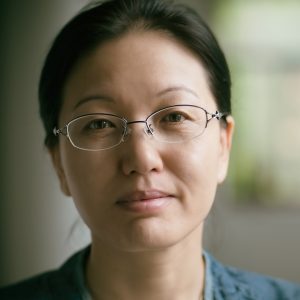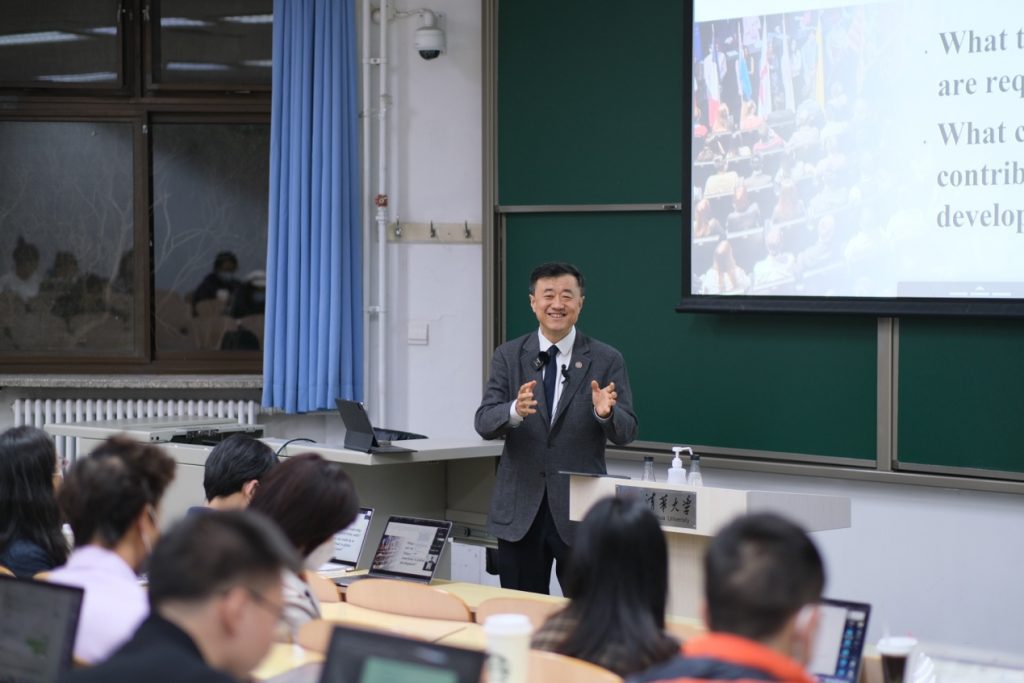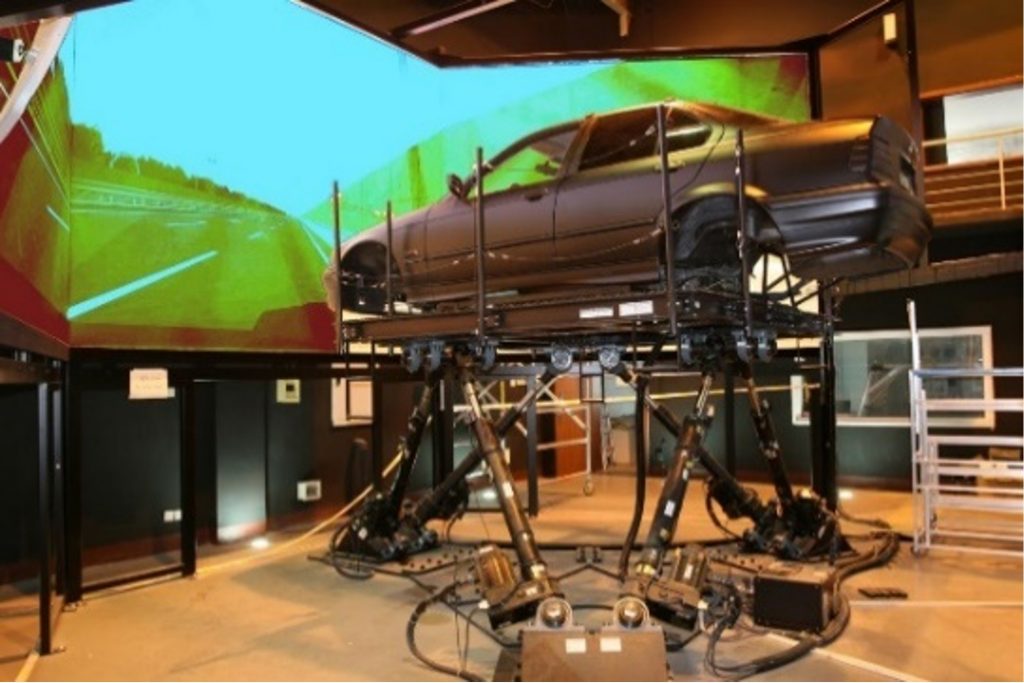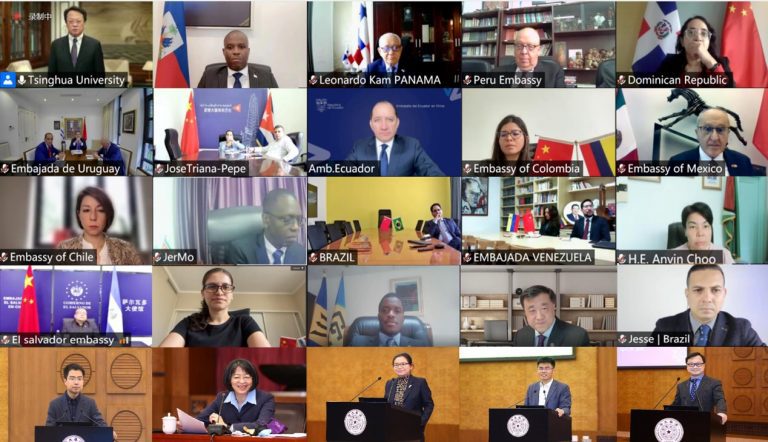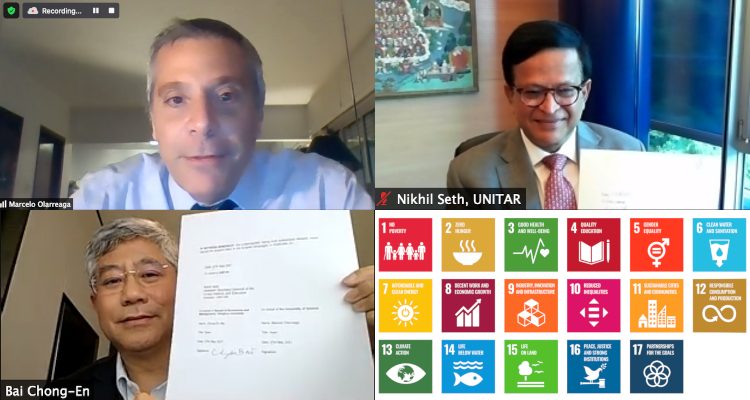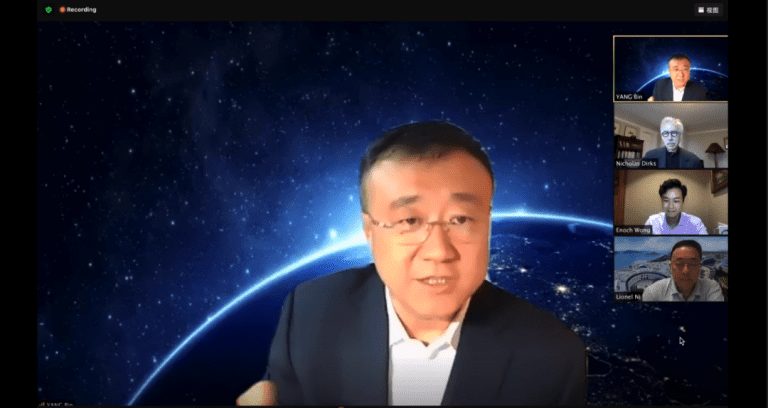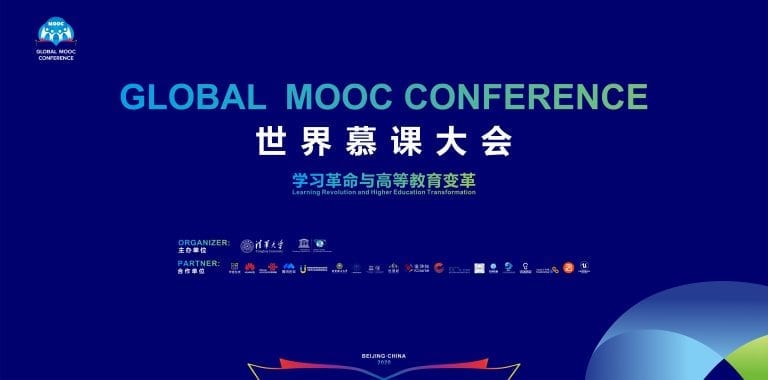This Global Open Course (launched by Tsinghua University) covers the following topics:
- The Birth of the Century: The Position of Twentieth Century in Chinese/Global History
- Chinese History: Periods and Features
- Chinese Culture: the New Perspective
- Classical Chinese Rhetoric: The Sounds of Silence
- The Cult of Bodhisattva Avalokitesvara and Sino-Tibetan Buddhism
- Water in Chinese History
- Modern China in True Voice: Lu Xun and A Madman’s Diary
- Do we reason alike? A logical reflection on the encounters between Chinese and Western traditions
Chinese President Xi Jinping has called on people who work in the field of philosophy and social sciences to promote the evolution and growth of fine traditional Chinese culture in new and creative ways. The cultural values of a country influence its national psychology and identity. Citizens’ values and public opinions are conveyed to state leaders through the media and other information channels, both directly and indirectly influencing decisions on foreign policy. The traditional cultural values that influence the psyche of the Chinese people are harmony, benevolence, righteousness, courtesy, wisdom, honesty, loyalty, and filial piety.
“Fine Traditional Chinese Culture” is taught by seven professors from the School of Humanities: WANG Hui, FANG Zhaohui, YUAN Ai, SHEN Weirong, NI Yuping, YUAN Xianxin, and LIU Fenrong.
Course Timetable & Registration links:
Each session will be conducted in English and will be held on every Monday and Wednesday, from 13:30 pm to 14:45 pm (GMT+8) from December 8 onwards. Students will be able to register for each individual session and are welcome to participate during the live interactive section.
In addition, with the generous support from XuetangX (co-founding member of the Global MOOC Alliance), we will convert (part of) the live lectures into a MOOC (Massive Open Online Course), so that learners from all time zones can enjoy it at their own pace. You can access the MOOC on “Traditional Chinese Culture” here: https://www.xuetangx.com/page/qhqqgkk
Format of classes: one hour of lecture (will be live-streamed and available for replay) and then followed by 15 minutes of live discussion (will not be live-streamed).
Registration link: https://us06web.zoom.us/webinar/register/WN_5sThO3pOQLWHCZ0iCYdPUQ
If for any reason that Zoom is not accessible, you are most welcome to watch the live stream (and replay) of the lectures at https://www.xuetangx.com/live/QQGKK20211208/QQGKK20211208/10076509/16111505
Registration now to attend live at https://us06web.zoom.us/webinar/register/WN_5sThO3pOQLWHCZ0iCYdPUQ
If for any reason that Zoom is not accessible, you are most welcome to watch the live stream (and replay) of the lectures at https://www.xuetangx.com/live/QQGKK20211208/QQGKK20211208/10076509/16111505

